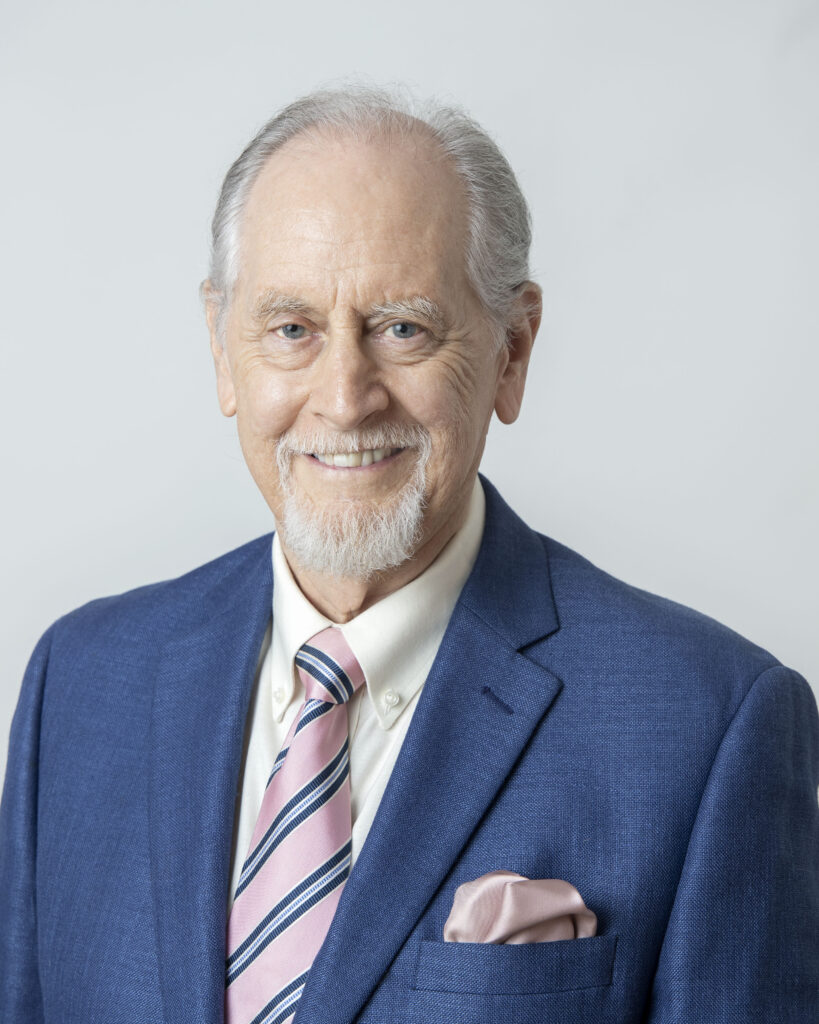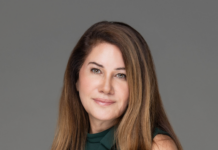In a heart-to-heart interview with Tom Rowley, we delved into the extraordinary world of equine therapy and how it can be a beacon of hope for trauma victims seeking healing and resilience. Tom’s personal journey, which unexpectedly led him to become an advocate for equine therapy, sheds light on a transformative approach to healing that goes beyond traditional therapy methods.
Tom’s tale began in a 60-foot round pen, where he stood alone, face to face with a majestic golden-brown horse. This horse had never been ridden before, and the stable master had entrusted Tom with the task of convincing the horse that he was not a threat. With just his hands, Tom guided the horse through a series of movements – running two laps around the perimeter, reversing direction, and eventually coming to a standstill.
As Tom recounted this pivotal moment, he described how he extended his hand in greeting to the horse. The horse, in turn, sniffed his hand and lipped his fist, forging an unspoken connection that transcended words. With a smile, Tom slowly turned his back on the horse and took a step towards the gate. By the third step the felt the horse’s nose on his shoulder.
“It was one of the most intense sensations I’d ever experienced,” Tom shared. “That connection is the power of equine therapy.”
Tom went on to explain that equine therapy is not a recent discovery; it has been a part of human history for millennia. Archaeological evidence suggests that people were buried with comfort animals as far back as 10,000 years ago. Equine therapy offers a lifeline for individuals grappling with trauma, including post-traumatic stress disorder (PTSD), which affects not only combat veterans but also 1 in 13 adults in the United States.
Tom stressed the importance of addressing trauma, as it often remains undiagnosed and can lead to severe consequences, including suicide. Equine therapy, however, offers a glimmer of hope and a path to healing that doesn’t require years of expensive, often ineffective traditional therapy.
Equine therapy combines the expertise of carefully trained handlers and horses with the guidance of licensed mental health professionals. Together, they create a unique therapeutic environment that fosters healing and resilience. The results are nothing short of remarkable, with combat veterans and special needs children regaining confidence and productivity in a matter of weeks, not years.
Tom’s personal journey into equine therapy began unexpectedly when he faced a medical procedure that terrified him. While the procedure itself may have seemed minor in hindsight, it left him emotionally shattered. Tasks that were once routine became difficult and frustrating, and Tom found himself succumbing to tears over the simplest things.
His wife’s insistence on seeking help led to a diagnosis that surprised him – PTSD. Tom realized that denial about the extent of trauma can have dire consequences, and he was determined to seek healing. His doctor advised him to redirect his thoughts to a calm and peaceful time, which led him to reflect on his memorable encounter with the horse that enabled him to put his fear to rest.
Throughout our interview, Tom emphasized the importance of expanding awareness about equine therapy. He passionately stated, “There are dozens of equine therapy facilities across the States and in Canada, but there are thousands of people who could benefit from this protocol.” His mission is clear: to encourage the development and expansion of equine therapy options and to enlighten the general public about the incredible results it can yield.
Tom Rowley’s advocacy for equine therapy is a testament to the profound impact this approach can have on trauma victims. Through his own journey of healing, he has become a beacon of hope, inspiring others to explore this powerful avenue for resilience and transformation. As we conclude our conversation, Tom leaves us with a heartfelt plea: “Help me get the word out.” Together, we can shed light on the therapeutic potential of equine therapy and offer solace to those in need of healing and hope.
Tom and his wife Guiselle are now both volunteer horse handler trainees at McCormick Research Institute in St Cloud, FL which has a documented ten-year history of success with PTSD veterans. Tom also provides pro bono consulting to help them with their expansion program. He encourages folks to find a facility near them and visit and volunteer.








